However, many teachers expect not only increased salaries and allowances, but also consistent policies on facilities, teaching environment and professional development opportunities, so that their commitment to the profession is truly sustainable.
Worry about the burden of the long journey
During more than 5 years of teaching at Tra Nam Primary and Secondary Boarding School for Ethnic Minorities (Tra Linh Commune, Da Nang City), Ms. Tra Thi Hau can only go home to Thang Binh to visit her children on Friday afternoons, if the school does not organize extracurricular activities or meetings or professional activities on the weekend.
With a distance of nearly 150km, Ms. Hau spent half a day traveling by motorbike, and by the time she got home it was already dark. On Sunday afternoon, she returned to school to prepare for the new school week. So she had very little time with her family. Traveling also posed many risks, especially in the rainy season, when the roads were eroded, and sometimes she had to walk several kilometers to get to school.
Living in two hometowns, the rice pot is also divided into two, so Ms. Hau and her husband can hardly save any money, even though in addition to their salary, they also have an additional 70% allowance to attract teachers to teach in remote areas. In early 2023, Ms. Hau moved back to teach near her home after taking the second exam, the civil servant exam for the Education sector organized by the Department of Education and Training of Quang Nam (old).
Mr. Vo Dang Chin - Principal of Tra Nam Primary and Secondary Boarding School for Ethnic Minorities shared: "A newly graduated teacher teaching in a mountainous area, the salary according to the new calculation is about 15 million VND/month, but the high cost of travel and living is not really attractive for them to stay long-term.
However, for teachers in mountainous areas, income is not the decisive factor to retain them. What is more important is the teaching and living conditions at each school. Transportation is difficult and risky, especially in the rainy season; water and food are also scarce. These factors make even dedicated teachers easily discouraged.
Mr. Vo Dang Chin said that to solve this situation at its root, along with improving salary and allowance policies to attract teachers in difficult areas, it is necessary to upgrade facilities, shorten regional gaps, and create more favorable teaching and learning conditions.
One of the biggest problems in education in remote areas today is not only income but also organization, staff arrangement and working conditions. According to Mr. Chin, there are teachers who have to travel dozens of kilometers, even half a day, from one mountainous commune to another to teach.
If they are assigned to teach locally, teachers will have less trouble commuting. This is the factor that helps them stay committed and feel secure in their profession. For example, a teacher at Tra Leng 1 Primary Boarding School (Tra Leng Commune, Da Nang City) whose family lives in the mountainous region of Tay Giang came to Tra Leng to teach. A year later, when Tay Giang had abundant staffing quotas, this teacher applied to take the civil service exam to move closer to home.
According to Mr. Chin, to solve the problem of teacher shortage, it is not only necessary to increase allowances but also to have reasonable transfer and rotation solutions so that teachers have the conditions to return to work near their homes. When their living conditions and working environment are improved, teachers will not only feel secure in their commitment but also have the motivation to develop their abilities.
“Another barrier to attracting and retaining teachers in mountainous areas is limited access to technology. Nowadays, teaching methods are difficult to innovate without technology. At the same time, local children who go to teacher training school and then return to teach are not able to meet the requirements.
Partly due to psychological barriers, partly due to limited ability to express and convey knowledge. Many parents and students are still hesitant and do not really trust local teachers. This is also a big challenge in developing a long-term team,” Mr. Chin analyzed.
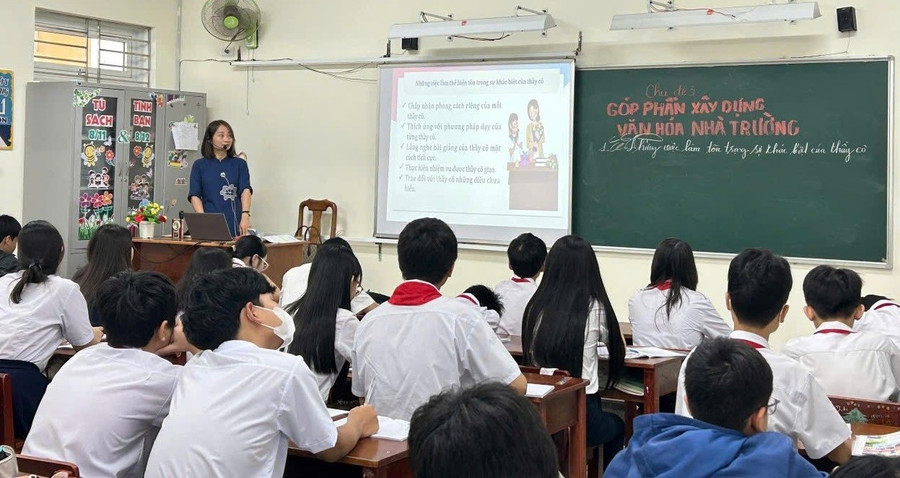
The pressure does not come from the lesson plan page.
Effective from January 1, 2026, Ms. Le Thi Xuan Dao - Literature teacher, Tay Son Secondary School (Hai Chau Ward, Da Nang City) hopes that the changes in the 2025 Teachers' Law will be a driving force to attract teachers with expertise, love for the profession, and are willing to commit to the teaching profession for a long time.
However, in addition to the improvements in income, the reality of teachers' psychology is somewhat "unstable". According to Ms. Xuan Dao, the Law on Teachers clearly stipulates the rights and obligations of teachers, but at the same time, the educational environment is under close supervision from family and society. In the era of rapid social media influence, a careless action, unintentional words or gestures... if taken out of context can easily be interpreted and it is very difficult for teachers to protect themselves.
Mr. Le Trung Chinh - former Chairman of the People's Committee of Da Nang City also warned that changes in social life more or less affect school culture. Teachers are more cautious in correcting students with deviant behavior; more careful when contacting and communicating with parents to keep themselves safe.
“Sometimes, in some places, the relationship between teachers - students - parents is like that of a civil servant and a citizen, performing a public service. If there are no clear, specific regulations applied in the educational environment, in the near future it will be difficult to find a dedicated teacher who can “touch” the hearts of students,” Mr. Chinh shared.
The new salary and allowance regime under the Law on Teachers has clearly created a foundation to retain teachers, especially those who are competent and passionate about their profession. However, as Ms. Le Thi Xuan Dao wishes, to be truly sustainable, teachers need a stable working environment, professional and psychological support; to be proactive in educational activities, to be respected in their role as leaders, and to be supported when conflicts arise with parents or students. If income is only increased without resolving psychological instability and management and educational pressures, the risk of job dissatisfaction remains.
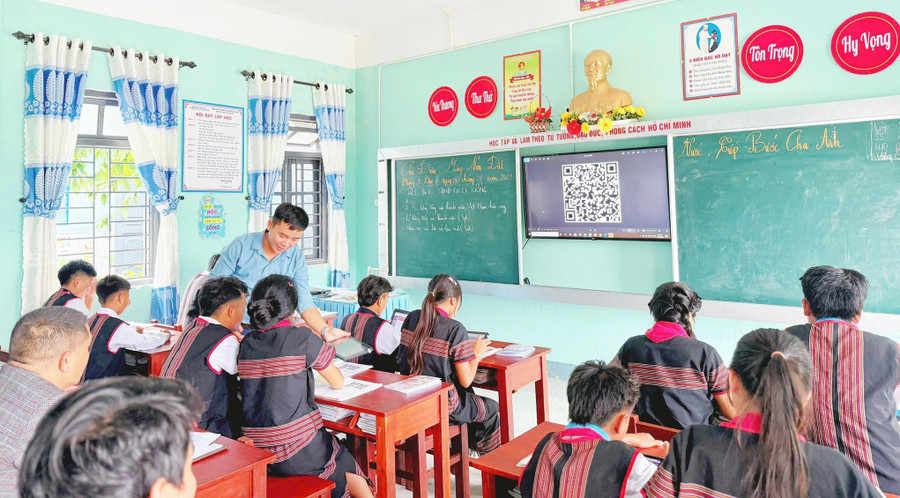
To put policy into practice
Mr. Nguyen Van Tuan - Head of the History - Geography Group, Nguyen Hue Secondary School (Hai Chau Ward, Da Nang City) said that with the Law on Teachers, for the first time the teaching profession is regulated by a separate law, demonstrating the special attention of the State to the position, role and working conditions of teachers in the context of fundamental and comprehensive education reform. Compared with current regulations, the Law on Teachers and its implementing documents have proposed a number of important changes, especially in policy groups on salaries, allowances and working conditions.
However, Mr. Tuan said that there are still many challenges that may arise during the implementation process. That is, the regional gap is difficult to narrow if the budget is not allocated evenly among localities.
“In addition to income, other factors such as facilities, working environment, career development opportunities and mental health care also need to be focused on. If we only improve salaries without reducing workload or improving administrative pressure, the effectiveness of retaining teachers will not be sustainable,” Mr. Tuan analyzed.
Along with the benefits, working hours, and professional development, there must also be a screening of the team. Low incomes can cause teachers to quit their jobs, but incentives must be accompanied by proper evaluation, clear and transparent classification to ensure the quality of the team.
The 2025 Law on Teachers is an important step forward in the policy of developing the teaching staff, aiming to improve the status, ensure the lives and create career motivation for those working in education.
However, according to teacher Nguyen Van Tuan, for the new regulations to truly come into life, there needs to be close coordination between the Central and local governments in budget allocation, implementation guidance and fair supervision. Only when income is improved along with a humane working environment, will the teaching profession truly become an "honored profession" and be able to retain those who have been, are and will be attached to the career of educating people.
Source: https://giaoducthoidai.vn/dong-bo-chinh-sach-de-giu-chan-nha-giao-post757317.html



![[Photo] National Assembly Chairman Tran Thanh Man holds talks with South Korean National Assembly Chairman Woo Won Shik](/_next/image?url=https%3A%2F%2Fvphoto.vietnam.vn%2Fthumb%2F1200x675%2Fvietnam%2Fresource%2FIMAGE%2F2025%2F11%2F20%2F1763629724919_hq-5175-jpg.webp&w=3840&q=75)
![[Photo] President Luong Cuong receives President of the Senate of the Czech Republic Milos Vystrcil](/_next/image?url=https%3A%2F%2Fvphoto.vietnam.vn%2Fthumb%2F1200x675%2Fvietnam%2Fresource%2FIMAGE%2F2025%2F11%2F20%2F1763629737266_ndo_br_1-jpg.webp&w=3840&q=75)
![[Photo] 17th Congress of Hanoi Women's Delegates](/_next/image?url=https%3A%2F%2Fvphoto.vietnam.vn%2Fthumb%2F1200x675%2Fvietnam%2Fresource%2FIMAGE%2F2025%2F11%2F21%2F1763711953024_image-9-4623-jpg.webp&w=3840&q=75)

![[Photo] Lam Dong: Panoramic view of Lien Khuong waterfall rolling like never before](/_next/image?url=https%3A%2F%2Fvphoto.vietnam.vn%2Fthumb%2F1200x675%2Fvietnam%2Fresource%2FIMAGE%2F2025%2F11%2F20%2F1763633331783_lk7-jpg.webp&w=3840&q=75)
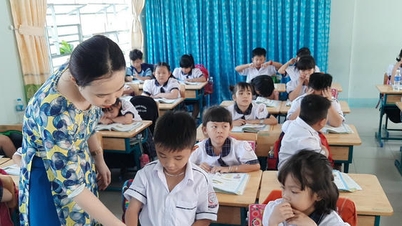








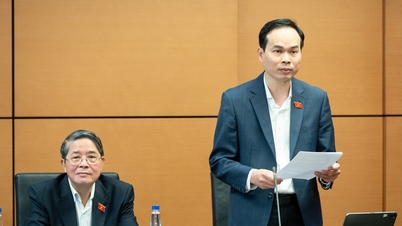





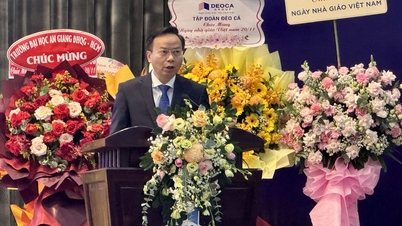


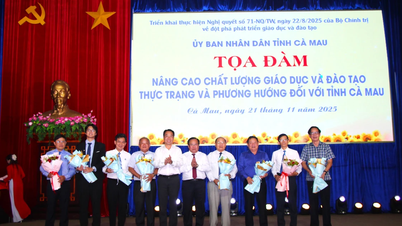









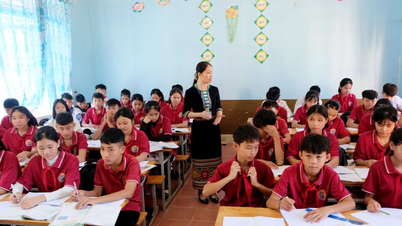
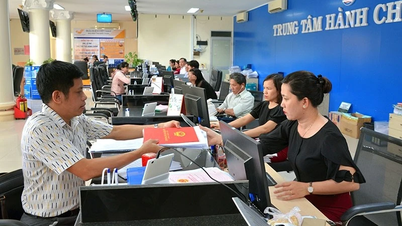

















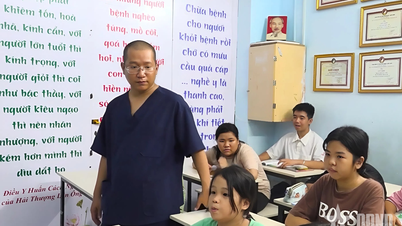

























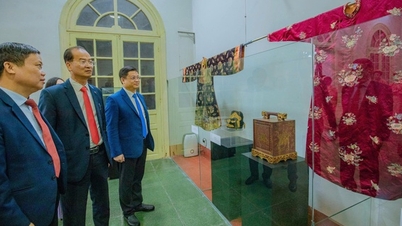















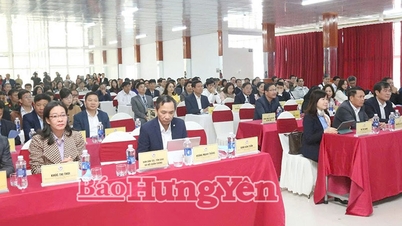
















Comment (0)